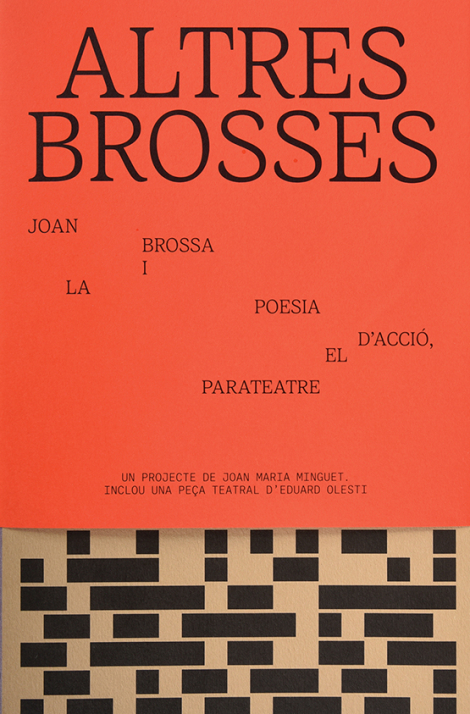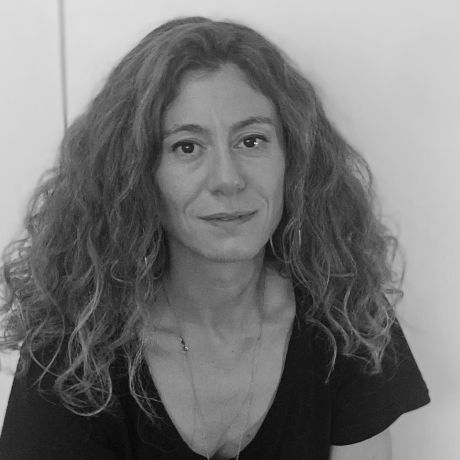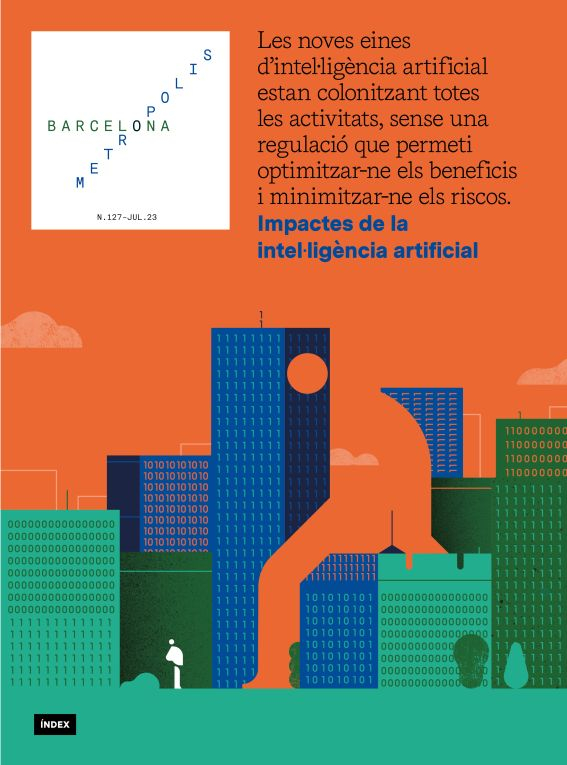Brossa, the tightrope walker
- Books
- Culture Folder
- Jul 23
- 5 mins

The Fundació Joan Brossa – under the baton of Joan M. Minguet and with a large team of collaborators as its orchestra – is presenting the book Altres Brosses. Joan Brossa i la poesia d’acció, el parateatre [Other Brossas. Joan Brossa and the Poetry of Action, Paratheatre] (published by Barcelona City Council) and an exhibition that are, from the very outset, a hymn to freedom in its broadest sense. It is no coincidence that the space hosting the exhibition has been named the Centre de les Arts Lliures [Centre of Free Arts], because Brossa and freedom go hand in hand.
Its core underlying discourse is Brossa’s rapport with paratheatre, and all its constituent disciplines, which are simply those beyond the “outdated and emasculating” boundaries imposed by the 19th-century tradition: the circus, the music hall, magic and illusionist shows, striptease and, in particular, performance art, as this is the discipline that Brossa adhered to.
It is worth nothing that the book pays tribute to the theme it espouses and frees itself from the usual constraints, because, as we read and flick through it, we often get the feeling we are holding a small portable exhibition. Small in the sense that it can be transported easily, but by no means small in the scope, variety and interest of the documents and texts it contains. And although Minguet alludes to the space constraints faced by both a book and an exhibition (portable or not) to cover a universe as vast as that of Brossa, the author wastes no time and manages to transport us to and immerse us in a colourful world that unabashedly and fiercely claimed its place, in the midst of the gloom spread by the regime perpetrated by the dictator, a “rat of the most heinous crime”, in Brossa’s own words.
For Brossa, everything was poetry. That is why, in the poet who defined himself as such, we find the playwright, the prose writer, the visual artist, a single man who pushed boundaries and who adopted freedom, experimentation and risk as his watchwords. As he said on more than one occasion and Minguet recalls in his opening text: “The poetics of the magician or the clown or, more than anyone else, of the quick-change artist, were – and are forever – the cornerstone of his approach as a poet: of his poetry which, like the tightrope walker, takes risks to the highest extremes”. And the poet also accepted the risk with all its consequences, including exposing himself to incomprehension, in an endeavour to come up with ways of surprising, rebelling and overturning consensuses.
 Altres Brosses. Joan Brossa i la poesia d’acció, el parateatre. Joan Maria Minguet. Fundació Joan Brossa and Ajuntament de Barcelona, 2023.
Altres Brosses. Joan Brossa i la poesia d’acció, el parateatre. Joan Maria Minguet. Fundació Joan Brossa and Ajuntament de Barcelona, 2023.Throughout the ten chapters that comprise the book (and the exhibition), Minguet takes us to the core of Brossa’s creative imaginary, a world of illusion and surprise, of bohemian and chameleon-like characters, proud to exist alongside all sorts of audiences. All of them artisans of the performing arts disciplines that fascinated the poet on account of their anti-narrative approach, their capacity to surprise and the great instantaneous poetic effect they had on the spectator. A spectator who is called upon to use their intelligence to take an active role in the liberating task of shattering atavistic and, in short, bourgeois cultural consensuses. A spectator called upon to let themselves be carried away by magic which, in Brossa’s words, is “... the only area in which it is easier to trick the clever than the ignorant; because the clever do not oppose illusion and, on the other hand, the ignorant see their intelligence challenged by illusions”.
The proposal, then, as seductive as it is liberating, is as follows: let ourselves be carried away by the lack of control, let ourselves be surprised and enchanted; let’s embrace revolt, let’s be transformed and strip ourselves bare. But, above all, let’s be critical of those who seek to impose a single reality, or theirs as the only truth, and let’s do so with poetry, beauty and irony. Let’s break down the fourth wall and dare to take the stage, let’s make the poet’s words our own: “Life takes its course. It goes up and down, it sorts and muddles efforts. Sometimes it is a window; sometimes it is a mirror. Play, magic, theatre, cinema and poetry are all part of this necessary illusion that is art”.
Altres Brosses. Joan Brossa
i la poesia d’acció, el parateatre
Joan Maria Minguet
Fundació Joan Brossa and Barcelona City Council
Barcelona, 2023
272 pages
The newsletter
Subscribe to our newsletter to keep up to date with Barcelona Metròpolis' new developments




